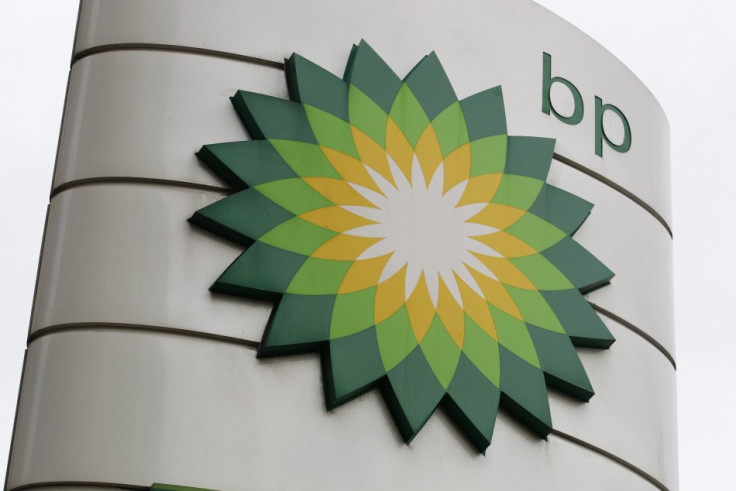BP Profits Decline but Beat Estimates on Russia Deal
First quarter profits decline to $4.2bn, down 9% from the year ago period

British Petroleum has posted a fall in its first quarter profit but beat analysts' estimates as the company benefitted from its TNK-BP stake sale to Russia's Rosneft, the world's largest oil and gas company by production and reserves.
Excluding the one-off gain, the underlying replacement cost profits declined to $4.2bn (£2.6bn/€ 3.2bn) in the January-March period, down 9% from $4.67bn reported in the first quarter of 2012. This compares with the analysts estimates of $3.27bn.
Including the $12.4bn received from the Russia deal, BP has made $16.6bn in the quarter. The company also started a share buyback to the tune of $8bn, which is to be completed over the next 12-18 months.
"These results represent a strong start to 2013 across all of our businesses," said Bob Dudley, BP Group Chief Executive in a statement.
"The early completion of the sale of our interest in TNK-BP has also allowed us to begin a share buy-back programme which we expect to return up to $8 billion to our shareholders and reflects the reduction in BP's asset base following our divestment programme over the past three years".
BP attributed the better-than-expected quarterly results to a greater share of new production coming on stream in high-margin areas such as Angola and North Sea. Underlying production rose to nearly 2% compared with the same period a year earlier.
Total production excluding Rosneft was 2.33 million barrels of oil equivalent per day (boepd), 5% lower than the same period last year, due to asset sales.After the Russia deal, total oil and gas production for the group was over three million barrels of boepd, according to the company.
The company has sold over $38bn assets to partly fund the compensation claims arising out of the 2010 Gulf of Mexico oil spill and to focus on the high-yield oil and gas projects rather than renewable energy investments.
BP announced a quarterly dividend of 9 cents a share, to be paid in June.
BP and its partners in the Deepwater Horizon rig, Transocean and Halliburton are facing a trial in New Orleans that will determine the extent of compensation they have to pay for the Gulf of Mexico oil spill. The first phase of the trial has ended on 17 April which will determine the share of blame between BP and its partners. The second phase of the trial due to start on September will determine the quantity of oil lost, which the US government puts as 4.9 million barrels and the compensation.
Following the Gulf of Mexico oil spill, BP has embroiled in a couple of incidents of safety breaches in its oil platforms in the North Sea. According to a Guardian report, the company has been rebuked by Norway's Petroleum Safety Authority for a leak in one of its North Sea platforms, occurred in September 2012. The PSA termed the incident as "serious breaches of regulations" as an estimated 125 barrels or 20cubic metres of oil as well as 1,600kg of gas flowed out of the leak on the Ula field at the southern end of the Norwegian continental shelf.
Earlier in July 2011, a fire at a platform on the Valhall field in the North Sea forced the company to suspend operations for over two months. It was also investigated by Norway's PSA. Though there was no loss of lives, the incident has become a blot on the safety standards of the UK oil major.
© Copyright IBTimes 2025. All rights reserved.





















